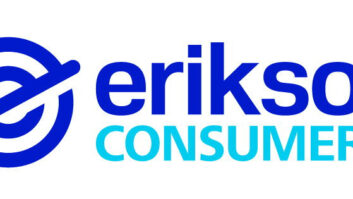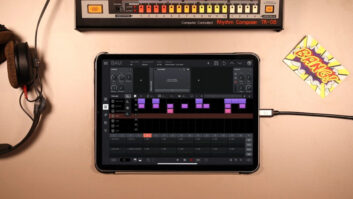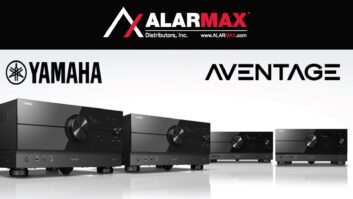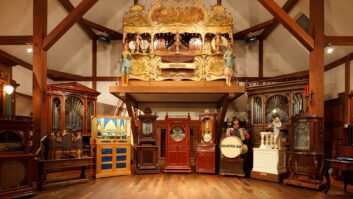Ormond
Beach, Fla.
– Spectrum Electronic
Solutions took the first step in expanding distribution of its branded HDMI
and HD-video installation accessories by offering the products through Capitol,
its first national custom-install distributor.
Spectrum’s products, intended for residential and light-commercial
installers, will be available through Capitol no later than mid- to late
October. The products include HDMI switchers, HDMI distribution amplifiers, HDMI
signal restorers, HDMI cable testers, and HDMI BAL-UNS for distributing HDMI signals around the house
via CAT-5.

Spectrum was founded in 2002 to build video-installation
accessories on an OEM basis for custom-installation suppliers and for others on
a private-label basis, but in the past year, it began marketing
Spectrum-branded products for the first time through reps in select markets. With
the addition of Capitol, the Eagon, Minn.-based distributor, it ships
nationwide from a central warehouse.
Spectrum is looking for additional distributors and reps to
further build its distribution base, VP/GM Sandra Price told TWICE.
Spectrum is a sister company of In-Visions Technology, a
contract-engineering company founded by Jeff Boccaccio in 1998 to create circuit-board designs and product
designs for other brands in the custom-install market. A company
specialty is HDMI product design. Spectrum was founded in 2000 to manufacture
some of the products that In-Visions had been engineering.
Boccaccio is also president of DPL
Labs, whose Digital Performance Level (DPL) rating program is designed to rate HDMI
performance above HDMI compliance minimums.
Though installation-accessories companies abound, Spectrum is
different from most because it engineers its own products and builds them in
the U.S.,
Price told TWICE. Many competitors buy generic products from Chinese factories,
but by engineering and manufacturing the products in-house, Spectrum can
provide more reliable products, she said.
“We’re one of the few left in the industry who do their own engineering,”
she added, “so we can respond quickly to issues in the field.” Because
manufacturing is in-house, she continued, “We can make running changes on the
spot.”
In taking the products to market under its own name, Spectrum
will get direct feedback from the field to further accelerate feedback from the
field, she added.
Spectrum also differentiates itself by offering what could be the
first HDMI video restorers that recover HDCP (High-bandwidth Digital Content Protection) and EDID (Extended Display Identification Data) data
if it’s corrupted as it travels long distances from an HDMI-equipped source to a
display, Price said. Corrupted HDCP data makes a display go black. Corrupt EDID
data creates sparkles and snow on a display.
EDID data, part of
the HDMI spec, is information sent from a display to a source about its format
and resolution capabilities to enable the source to determine the optimal video
resolution, frame rate, color depth, and audio format that the display handles.
HDCP is the digital rights management technology used by TV and movie studios.
One of HDMI restorers, both good for 20- to 25-foot runs,
incorporates video equalization. That one is the $299-suggested DSR701 HDMI Restorer Plus. Both models
also feature diagnostic LED.













